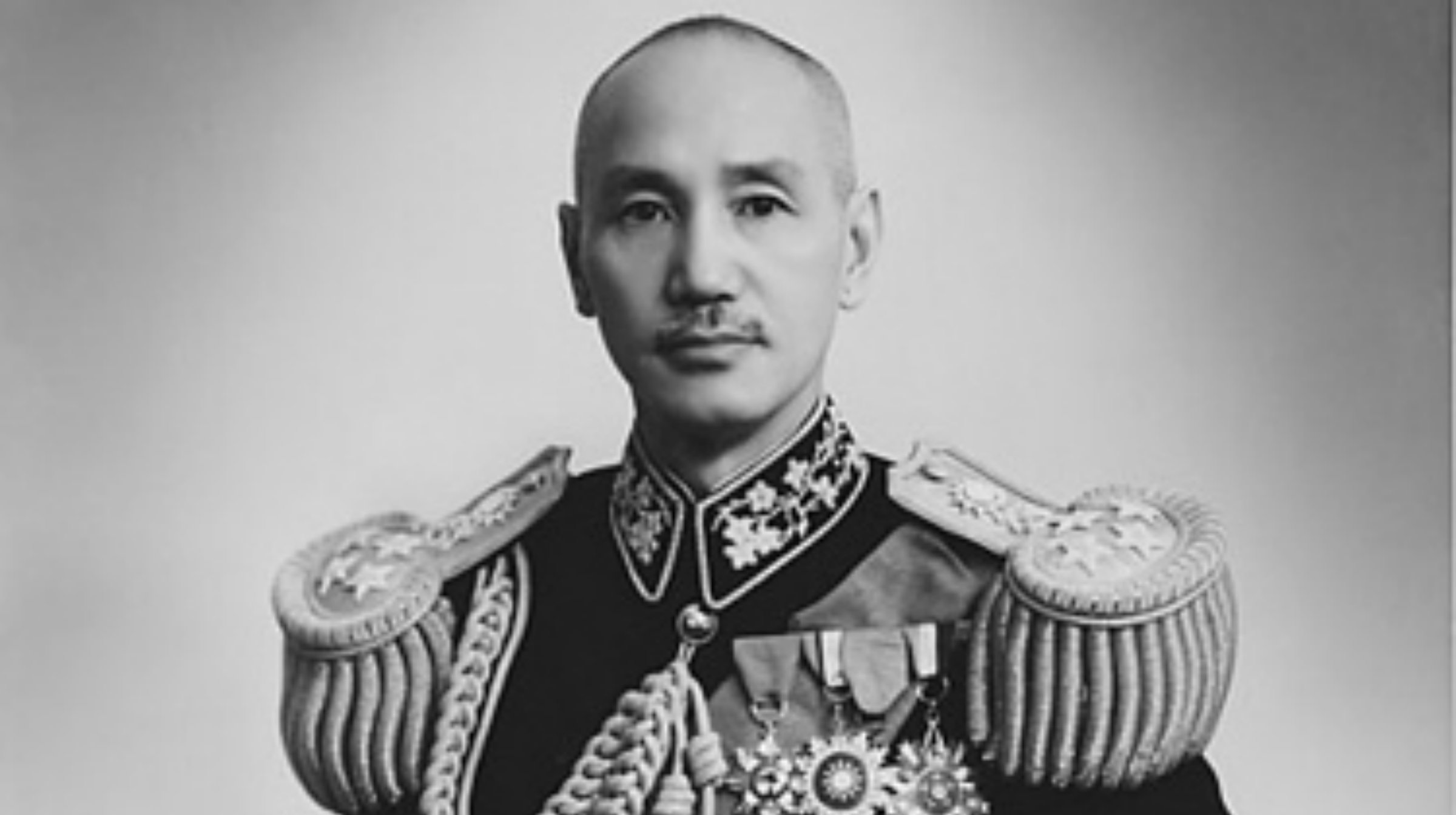介 jiè
noun
: to introduce
: to lie between; between
: forerunner, herald, harbinger
: shell; armor
Kun Reading
介す | かいす kaisu OR かいする kaisuru
godan verb with su ending | transitive verb
: to use as an intermediary; to mediate; to assist
: to worry; to mind; to care
On Reading
カイ kai
counter
: counter for generations
: (geological) epoch
介紹[绍] jie4shao4: to introduce (somebody to somebody); to give a presentation; to present (somebody for a job etc); introduction
介入 jie4ru4: to intervene, get involved
[かいにゅう kainyuu: intervention]
介乎 jie4hu1: to lie between
中介 zhong1jie4: to act as intermediary; to link; intermediate; inter-; agency; agent
媒介 mei2jie4: intermediary; vehicle; vector; medium; media
[ばいかい baikai: intermediary]
仲介 zhong4jie4: middleman; agent; broker
[ちゅうかい chuukai :agency; intermediation]
婚介 hun1jie4: matchmaking
推介 tui1jie4: promotion; to promote; to introduce and recommend
圖像用戶介面 [图像用户介面] tu2 xiang4 yong4 hu4 jie4 mian4: graphical user interface; GUI

: Chiang Kai-shek (October 31, 1887 – April 5, 1975), a political and military leader who served as the leader of the Republic of China between 1928 and 1975. Chiang, a social conservative, was an influential member of the Kuomintang (KMT – a Chinese Nationalist Party) and was a close ally of Sun Yat-sen. He became the Commandant of the Kuomintang’s Whampoa Military Academy and took Sun’s place as leader of the KMT when Sun died in 1925. He served as Chairman of the National Military Council of the Nationalist government of the Republic of China (ROC) from 1928 to 1948. Chiang led China in the Second Sino-Japanese War, consolidating power from the party’s former regional warlords. After Japan invaded China in 1937, Chiang agreed to a temporary truce with the CCP. However, by the time the Japanese surrendered in 1945 neither the CCP nor the KMT trusted each other nor were actively cooperating. Chiang’s government and army retreated to Taiwan. He subsequently ruled the island securely as President of the Republic of China and General of the Kuomintang until his death in 1975. He ruled mainland China for 22 years, and Taiwan for 30 years.
– wikipedia
Japanese common word | expression | yojijukugo 四字熟語 | idiom
を介して | をかいして okai shite
: using as an intermediary; through
狷介不羈 | けんかいふき kenkai fuki
: (yoji) stubbornly sticking to one’s own convictions; being stubbornly independent
狷介孤高 | けんかいここう kenkai kokou
: (yoji) stubborn and aloof
狷介固陋 | けんかいころう kenkai korou
: (yoji) stubbornly sticking to old ways; narrow-mindedly rejecting other people’s views
Chinese expression | chengyu 成語 | idiom
介於兩難 [介于两难] jie4 yu2 liang3 nan2
: to be on the horns of a dilemma
指事 Associative Compound.
Man 人 (ren2: man) between the front and
back armor plates 八 (ba1: eight)
Examples:
余計なお節介だ。
よけいなおせっかいだ yokeina osekkai da
Go about your business.
您介不介意我把燈關了?
nin2 jie4 bu4 jie4 yi4 wo4 ba3 deng1 guan1 le
Do you mind if I turn off the light?
Resources: Chinese Dictionary | Japanese Dictionary


